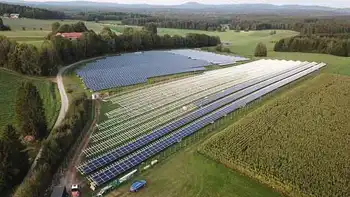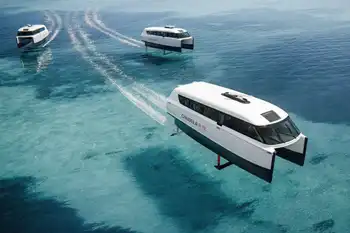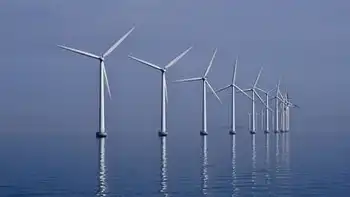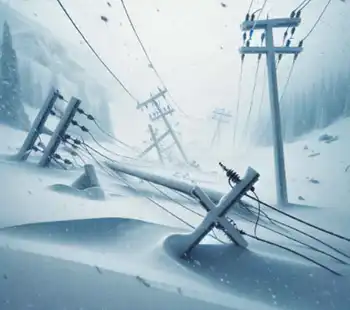Governor: Oregon could be electric car leader
By Associated Press
Arc Flash Training CSA Z462 - Electrical Safety Essentials
Our customized live online or in‑person group training can be delivered to your staff at your location.

- Live Online
- 6 hours Instructor-led
- Group Training Available
During his 10-day business trip, with stops in China and Japan, Kulongoski tried to woo the automakers into making Oregon one of their pilot sites as they introduce cars to the North American market.
While in Asia, the governor's office announced that Japanese automaker Nissan would supply electric cars for the state's fleet when they come to market in 2010.
No additional agreements were announced, though the governor said he spoke with other Asian automakers about how to make Oregon one of their first stops as they enter the market.
"This is now. It's doable," Kulongoski said. "I think Oregon is very well positioned."
Kulongoski pointed to Oregon's "environmental ethic" and "quality of life" as reasons that electric cars would do well in Oregon. He also mentioned several steps he'd like to make the state even more attractive.
Among those steps, the governor said, would be moving the current tax credits for those who buy hybrids to those who buy all-electric vehicles. He'd also like to expand residential energy tax credits to include the installation of home chargers. Finally, he said, Oregon could push to put charging stations in at rest stops along Interstate 5.
Already, the governor said, Portland is ahead of the curve in establishing charging stations. The same, he said, could be done in cities such as Eugene, Corvallis and Salem, where young people would likely take the lead in embracing the new technology.
What bringing electric cars to Oregon would mean for the state was still unclear, though the governor said it would help to attract green technology and industry. "It's more than just an environmental, it's about economics, it's about the future of the state," Kulongoski said, calling the industry a "tremendous opportunity for Oregon to diversify."
If Oregon were to be one of the first, Kulongoski said, the move would help further establish Oregon's credentials as a "green" leader.
Beyond simply converting Oregon into an electric-car market, Kulongoski said he also like to see the state as the location of future battery and car production sites for the companies he lobbied.











